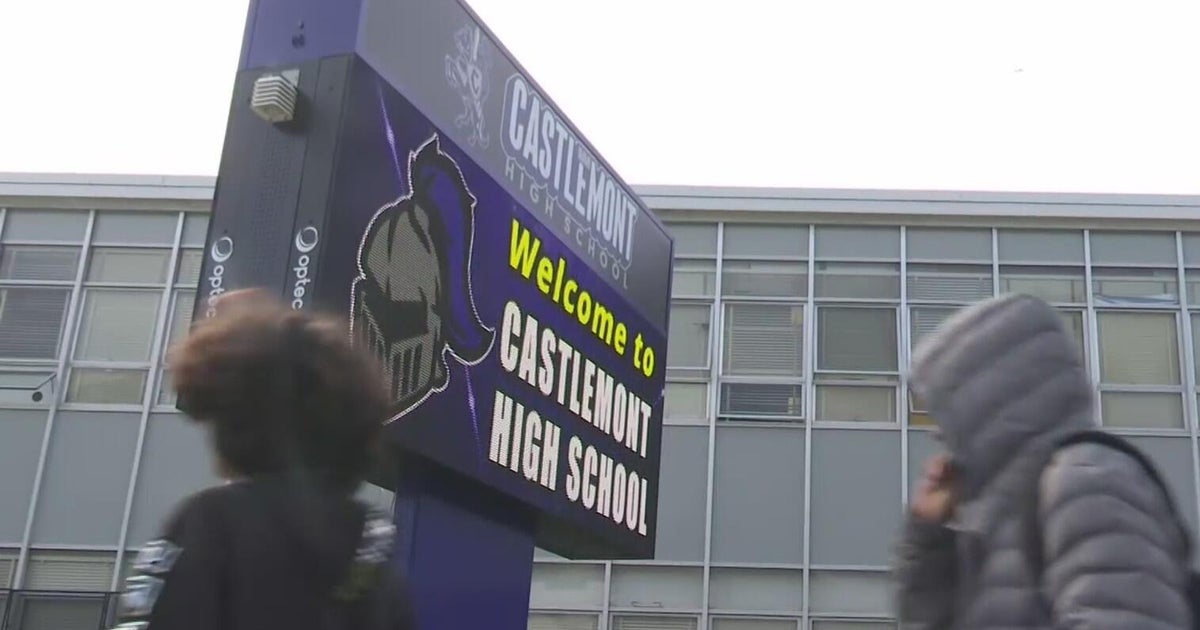Number of Americans applying for jobless aid falls to lowest level since the pandemic
The number of Americans filing for initial jobless aid fell to another post-pandemic low last week, the latest evidence that layoffs are easing as the economy continues to recover.
Some 473,000 workers filed for unemployment benefits in the week ended May 8, the Labor Department said Thursday. That's a drop of 34,000 from the previous week and the lowest weekly claims figure since March 14, 2020. Claims remain roughly double the number of weekly aid applications in a typical week before the health crisis.
Another 103,600 people filed for Pandemic Unemployment Assistance, a federal program for self-employed and gig workers.
"The reopening is continuing, and businesses are less constrained by restrictions. We expect layoffs to ease further as the economy move closer towards normal capacity," Rubeela Farooqi, chief U.S. economist at High Frequency Economics, said in a note.
While layoffs around the U.S. are slowing, millions of Americans are still relying on jobless benefits. Nearly 17 million people were receiving some sort of jobless aid as of April 24, an increase of half a million from the prior week.
With hiring up, vaccinations increasing and the economy accelerating, consumers have grown more confident. More Americans are venturing out to shop, travel, dine out and congregate at entertainment venues.
The reopening has proceeded so fast that many businesses aren't yet able to staff up as quickly as they would like. A dozen states have now moved to scale back bolstered unemployment benefits over concerns that overly generous unemployment assistance is keeping workers from going back to relatively low-paid jobs.
"With demand for workers high and layoffs relatively low, we should see strong hiring in the months to come, as barriers to employment, such as lack of childcare, lessen," Robert Frick, corporate economist at Navy Federal Credit Union, said in a note. "For many, especially low-wage workers, returning to a job is a puzzle in which several pieces, such as child care, transportation, wage levels, and benefits must fall into place."



